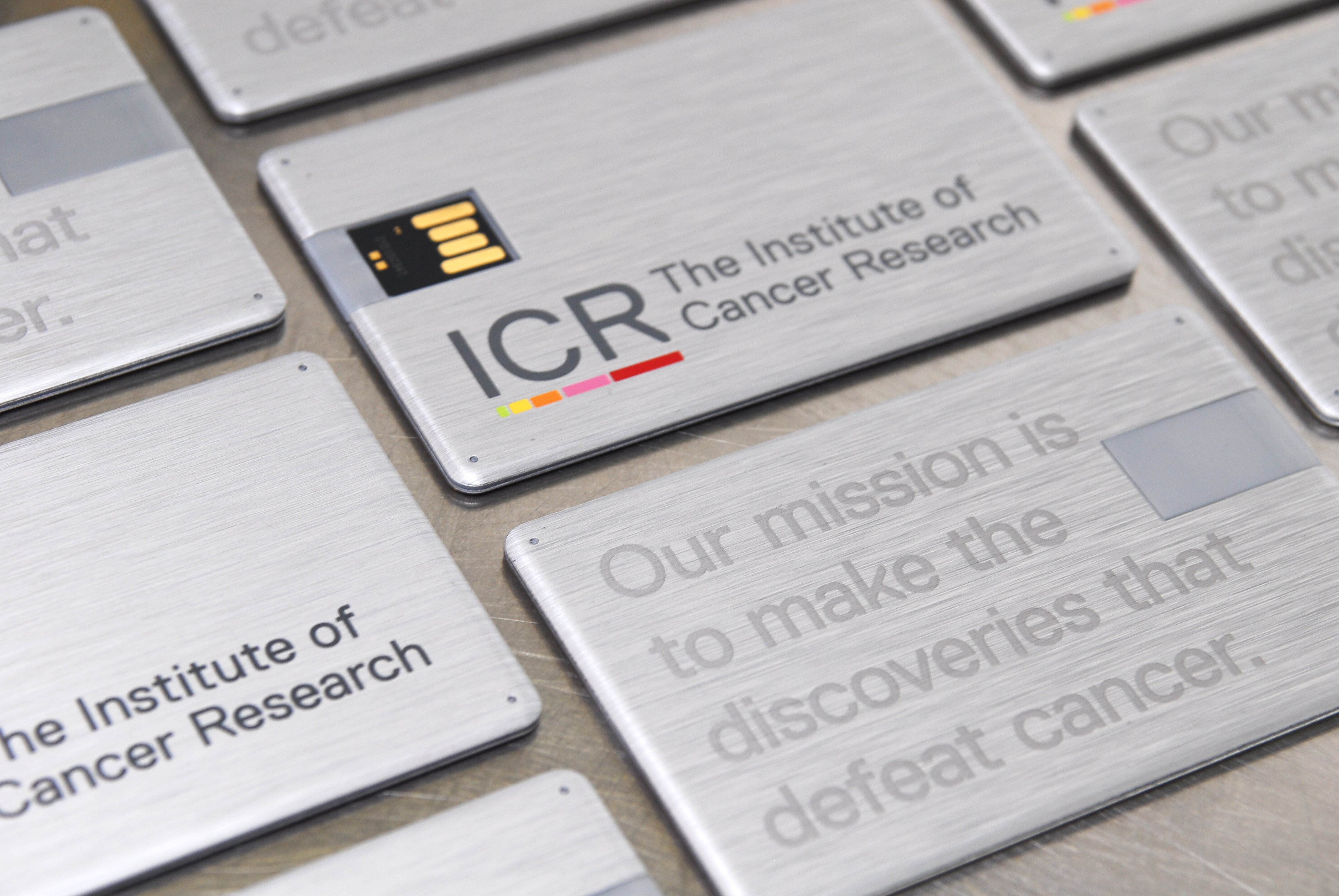Cancer discovery news
Our researchers are making the discoveries that defeat cancer. Read the latest findings from our world-leading research.
Visit our main news hub to read about news on new funding, our fundraising activities and much more. If you want to keep updated on our news, you can follow us on social media or sign up for our Search newsletter.
If you’re a journalist and want to find out more, you can contact our media relations team.

The Centre for Molecular Pathology
Cancers affecting a specific site are not single diseases, but rather a collection of diseases caused by alterations of distinct genes and molecular networks. Technological developments in the last decade have led to an increase in our understanding of which of these are required for cancer cells to grow and survive.

Zelboraf recommended for NHS patients
Professor Alan Ashworth, chief executive of The Institute of Cancer Research, London, comments on the announcement that vemurafenib (Zelboraf) has been recommended by NICE for NHS patients with advanced malignant melanoma and a mutated BRAF gene.

Combining imaging and gene analysis could transform breast cancer diagnosis
Scientists have developed a computer system that can automatically analyse images of breast cancer cells to look for telltale signs that the tumour will be aggressive. The technique, details of which were published this week in Science Translational Medicine, could be used to give women with breast cancer a more accurate prognosis and help tailor their treatment accordingly.

More than just a logo - the ICR identity story
The Institute of Cancer Research, London, has an outstanding record of achievement going back over 100 years, and has been involved in some of the most important discoveries in the history of cancer research. But we need to do more to promote ourselves within the UK and globally to ensure we maintain our position as one of the world’s most influential cancer research institutes. Our new branding is an important part of our identity, and is designed to help get across to our various audiences the world class nature of our science, and its benefits for patients.

Large study shows benefits of single agent doxorubicin therapy for sarcoma
Doubts over the best standard treatment for metastatic soft tissue sarcoma have been put to rest thanks to a large international, randomised clinical trial led by a scientist at The Institute of Cancer Research, London.

Scientists develop ‘barcode’ blood test for aggressive prostate cancer
Scientists have designed a blood test that reads genetic changes like a barcode – and can pick out aggressive prostate cancers by their particular pattern of gene activity.

Fibonacci sequence inspires new brand identity for The Institute of Cancer Research
The Fibonacci sequence and images inspired by science and medicine feature prominently in a bold rebranding of The Institute of Cancer Research, London.
The Institute of Cancer Research (ICR) is one of the world’s most influential cancer research institutes, and its new visual identity is intended to help it develop the profile to match.

Multimillion pound fund's cancer research donations should help deliver real benefits to cancer patients
The Institute of Cancer Research will be the main charitable beneficiary of an innovative multimillion pound investment fund.

Targeted therapy may benefit men whose prostate cancer has spread to their bones
A new-generation cancer drug could shrink prostate tumours that have spread to patients’ bones and help to relieve bone pain, trial results suggest.

Paul Workman features in BBC Radio 4 science special
Professor Paul Workman discusses the issues facing the pharmaceutical industry – and the role that non-profit and academic organisations like the ICR can play in driving drug discovery progress – in a BBC Radio 4 special.

Professor Philip Lawley
Distinguished ICR scientist Professor Philip Lawley died recently at the age of 84. His former ICR colleague Dr Stan Venitt, Emeritus Reader in Cancer Studies, reflects on an accomplished and dedicated man who gave the world the first convincing evidence that DNA damage was the basic cause of cancer.

ICR Scientific Image Competition
The annual ICR Scientific Image Competition provides our scientists and students an opportunity to share the importance of their research through the visual means of images gathered during the research process.
Looking at the winning entries in this year's competition, it is hard not to feel that you are viewing artwork.